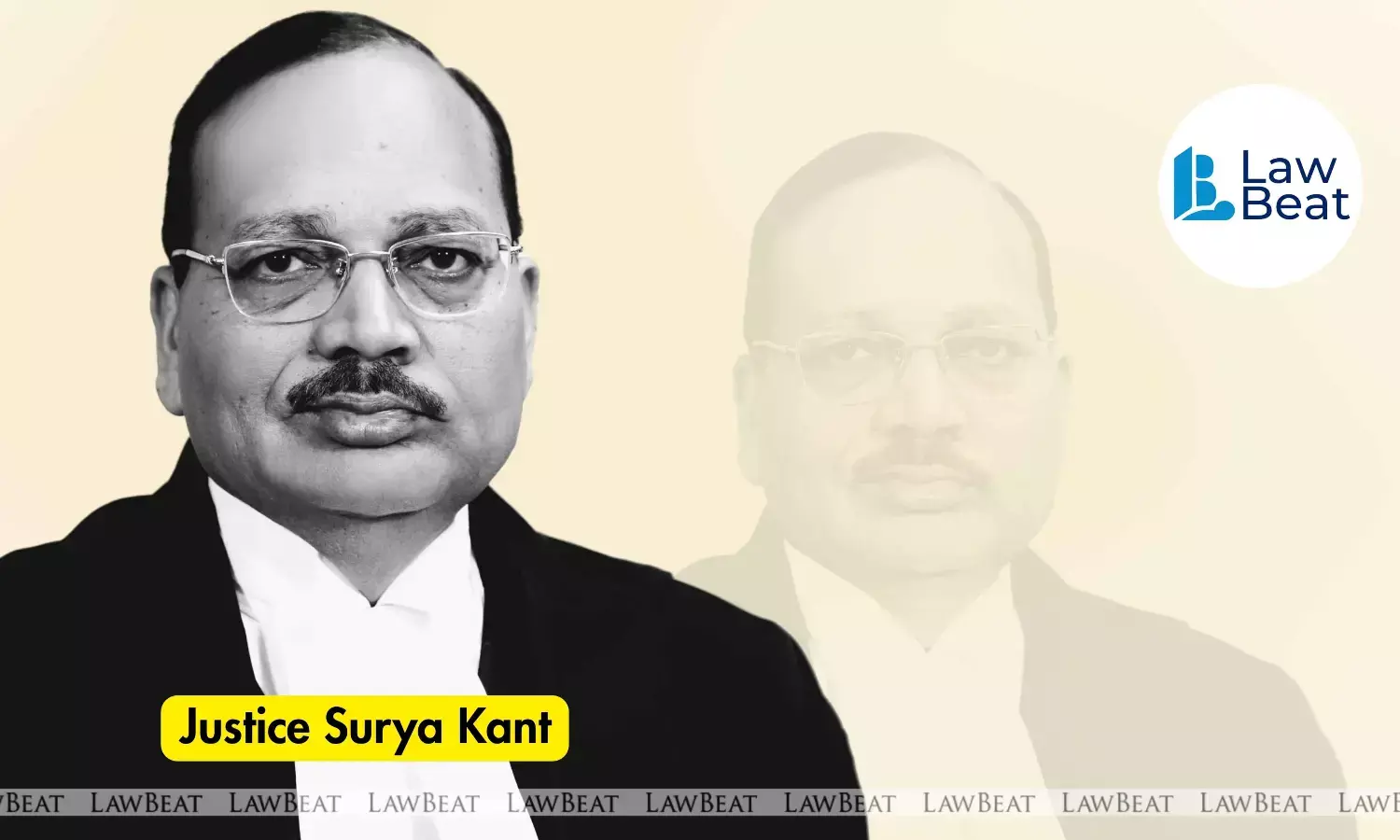India committed to Human Rights long before it gained global traction: Justice Surya Kant

SC criticizes UNHCR for issuing Refugee Cards in India
Supreme Court judge Justice Surya Kant has emphasized on India's strong commitment to human rights during his recent address at Stockholm, Sweden on the topic, "Human Rights, The Indian Constitution and India as a Resilient Power".
"India has historically demonstrated a strong commitment to human rights, rooted in its constitutional framework and heritage, long before these conversations gained widespread global traction...", he said.
On the evolution of human rights in India, the supreme court judge reflected on India being long acquainted with the concept of Human Rights, with its principles deeply rooted in the teachings ingrained in our ancient texts, influencing our lives across centuries and epochs.
Quoting verses from Rig Veda, Justice Kant underscored a profound ethical ideal: that all human beings are equal, bound by a shared humanity, and ought to strive collectively for mutual upliftment and the common good.
Justice Kant remarked how Islamic Rule in India introduced a complex set of dynamics into the Human Rights discourse with the early phase marked by invasions and conquests, was accompanied by widespread discriminatory practices and rights violations.
He further stated India remains resolutely committed to strengthening its human rights framework and evolving a more effective, humane response to the refugee crisis that continues to challenge the global conscience and while the international community grapples with complex questions of displacement, identity, and protection, India draws strength from a civilizational ethos that has long upheld the principles of compassion, dignity, and shelter.
Being candid, Justice Kant added that it is somewhat paradoxical when countries with some of the most rigid immigration policies—and a documented tendency to resort to excessive use of force, even in response to minor infractions—position themselves as the foremost champions of human rights.
He also said that it is vital to recognize and respect the diversity of approaches. "Meaningful progress lies not in uniformity, but in mutual understanding, where each nation is afforded the dignity of its own path, shaped by both heritage and contemporary responsibility", he said.
